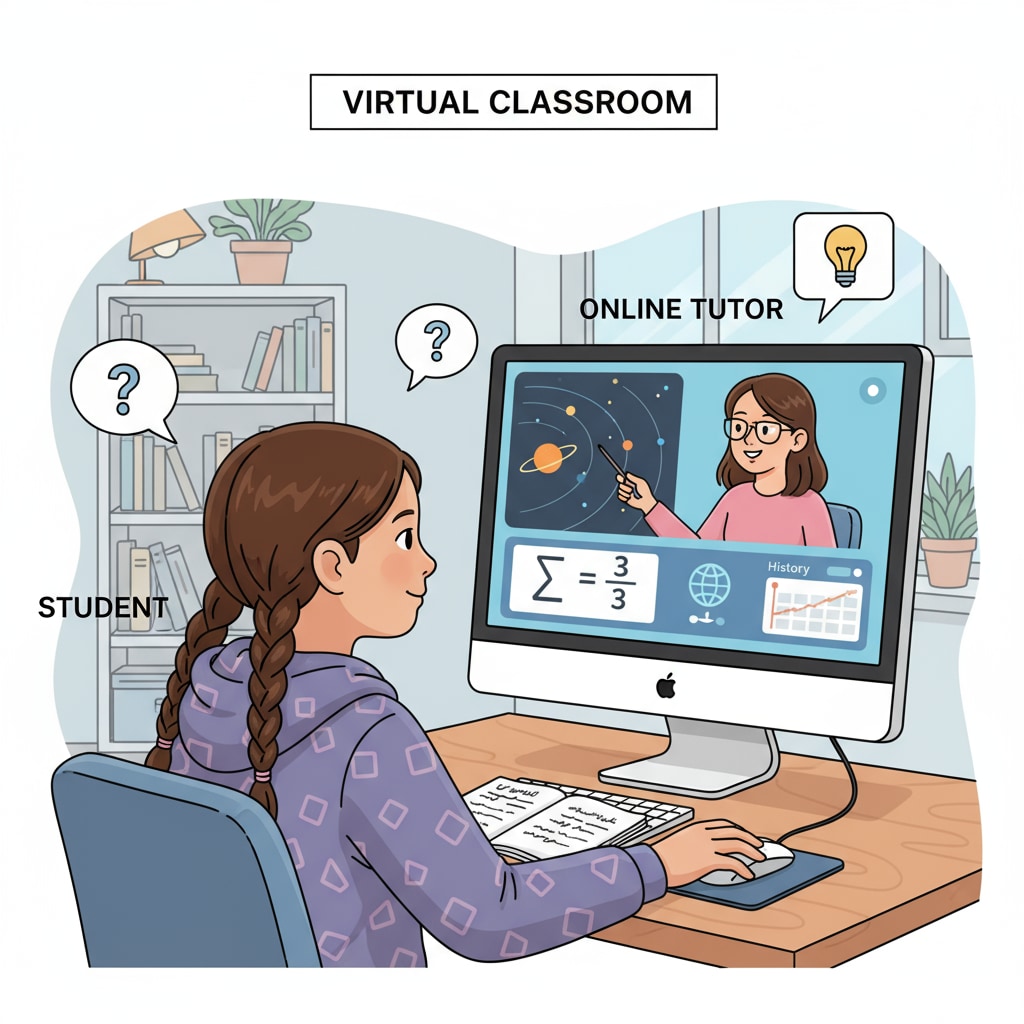When it comes to K-12 education, parents often face a crucial decision: choosing between online and offline tutoring. The issue of parents’ trust in online and offline K-12 tutors is a significant one. In this article, we will explore this trust dilemma in depth.

The Trust Gap between Online and Offline Tutoring
Traditionally, parents have shown more trust in offline tutoring. This is mainly because of the in-person interaction. In an offline setting, parents can see the tutor face-to-face, observe how they interact with their children, and get a sense of the tutor’s teaching style. For example, a parent can visit the tutoring center and sit in on a class to assess the tutor’s capabilities. However, online tutoring lacks this physical presence. As a result, parents may be more skeptical about the quality of teaching and the tutor’s ability to engage the student effectively.

Factors Influencing Parents’ Trust
One key factor is the perceived reliability. Offline tutors are often seen as more reliable as they are physically present. Parents can easily reach out to them if there are any issues. On the other hand, online tutors may seem less reliable due to concerns about technical glitches or inconsistent internet connections. Another factor is the reputation of the tutor or tutoring service. A well-known offline tutoring center with a long history of success is more likely to gain parents’ trust. Similarly, an online platform with positive reviews and a proven track record can boost parents’ confidence. In addition, the level of personalization offered also plays a role. Parents want tutors who can tailor their teaching to their child’s specific needs, and both online and offline tutors need to demonstrate this ability.
To build trust in online tutoring, platforms can take several steps. Firstly, they can provide detailed tutor profiles with qualifications, teaching experience, and student testimonials. This transparency helps parents make informed decisions. Secondly, offering a free trial session allows parents and students to experience the online tutoring environment before committing. Thirdly, ensuring reliable technical support is crucial. By addressing any technical issues promptly, online platforms can enhance their credibility. For example, platforms like VIPKid have built a reputation for providing high-quality online tutoring services by focusing on these aspects.
In conclusion, while there is a trust gap between online and offline K-12 tutoring, online education platforms can bridge this gap by addressing the concerns of parents. By focusing on reliability, reputation, and personalization, online tutoring can gain the trust of parents and become an equally viable option for K-12 education.
Readability guidance: This article uses short paragraphs to make the content easier to read. Each section focuses on a key aspect of the trust issue in K-12 tutoring. Transition words are used to ensure a smooth flow of ideas.


